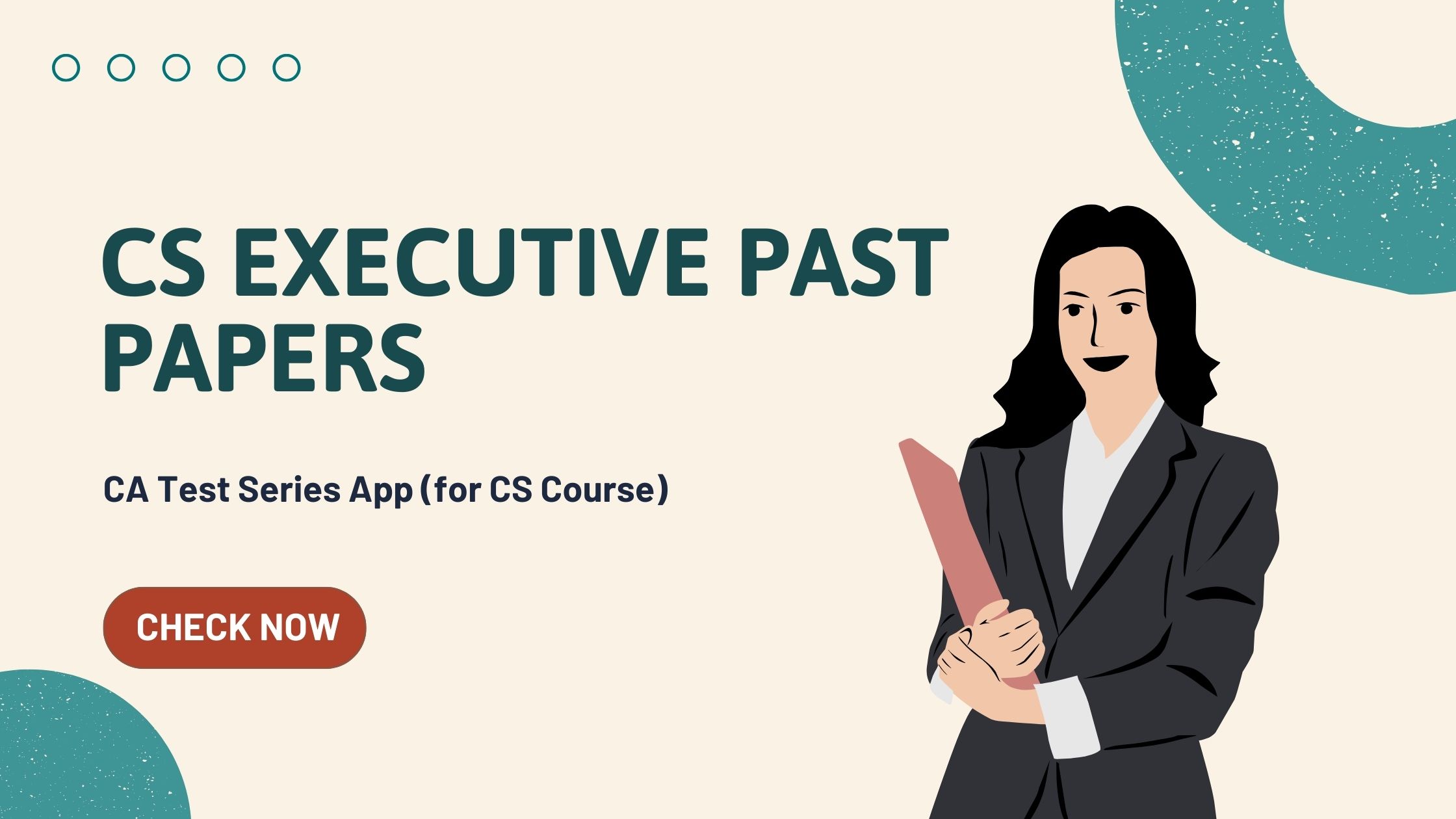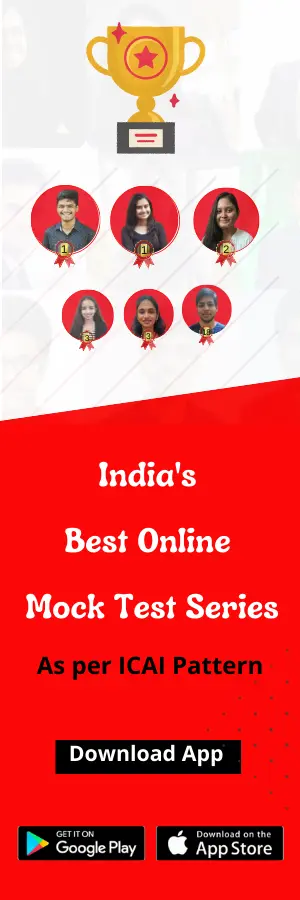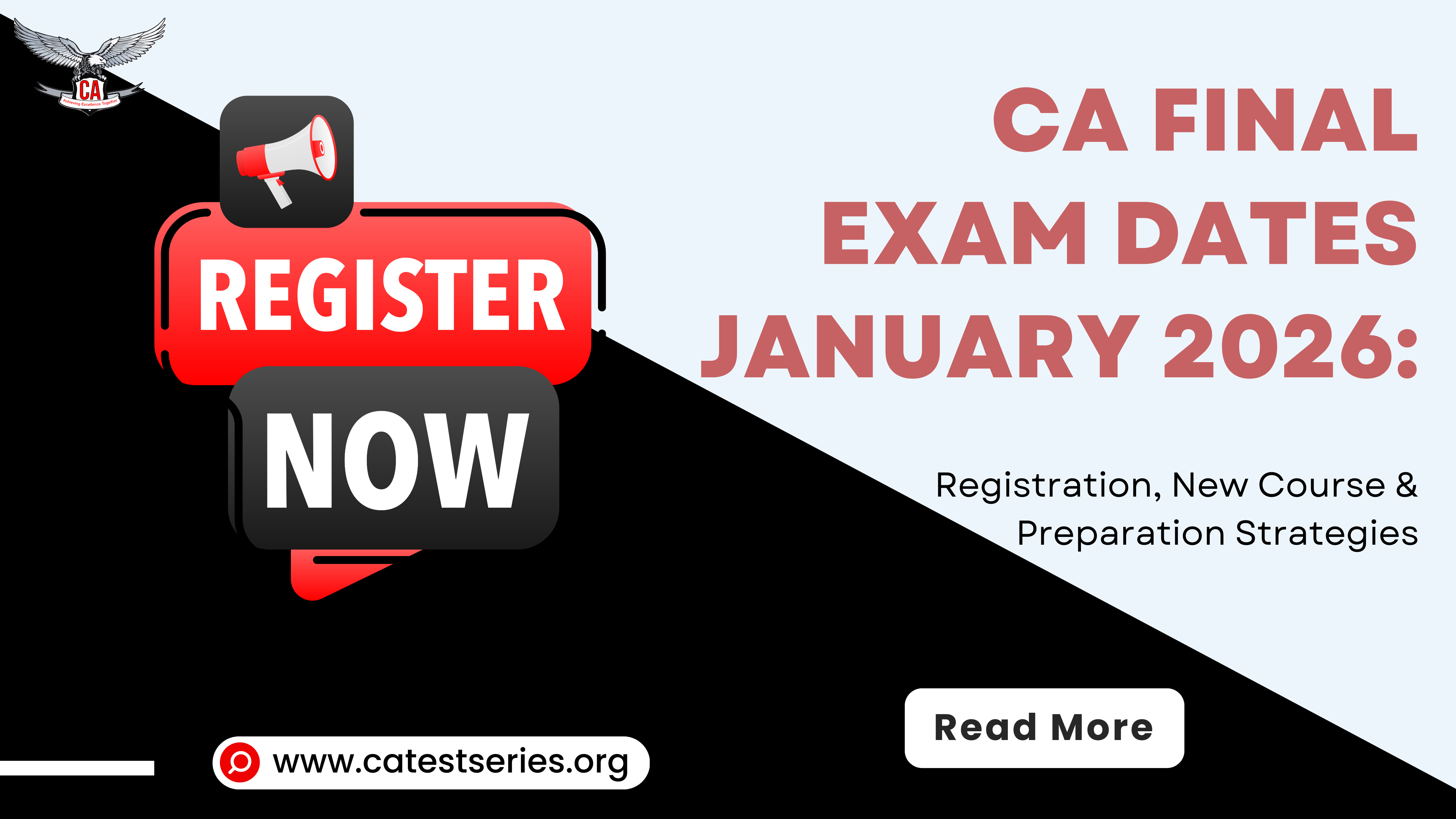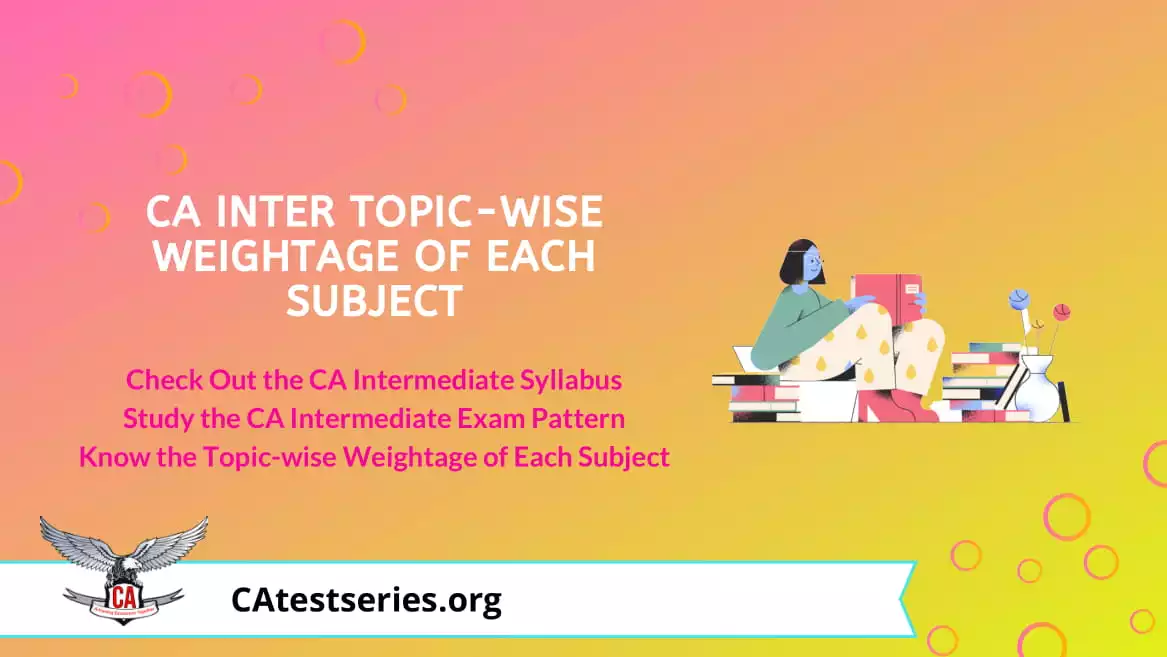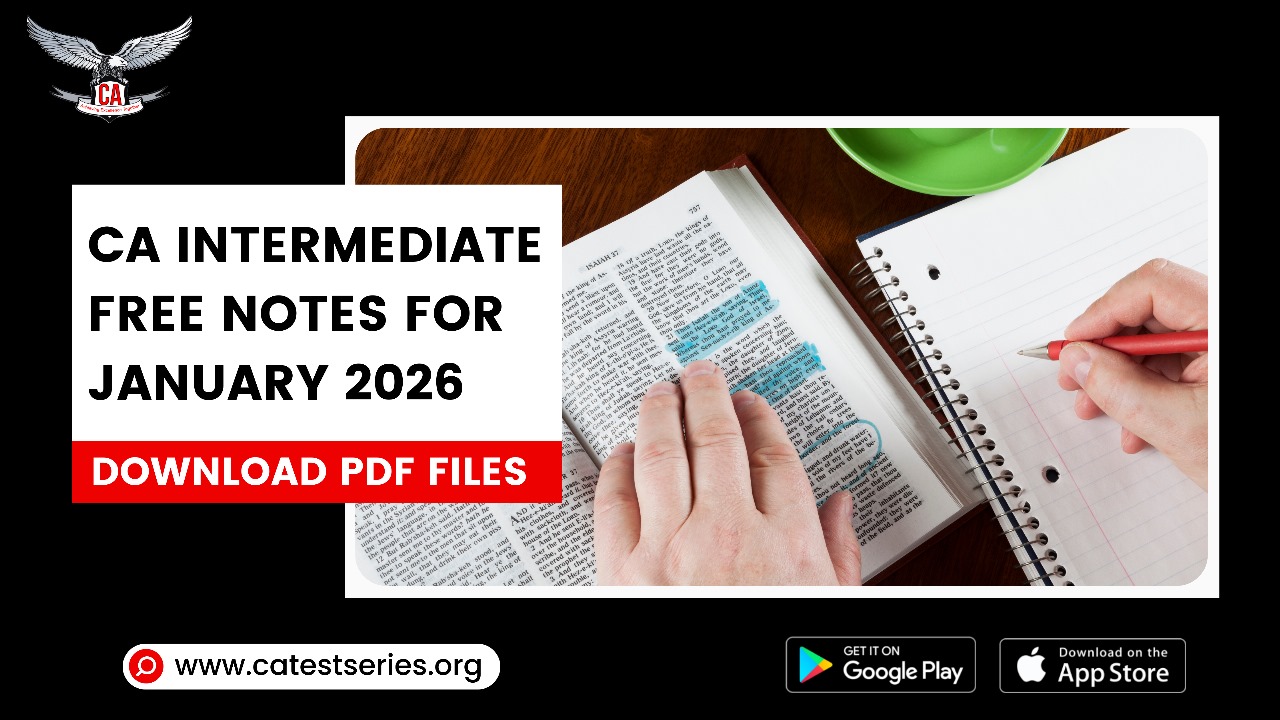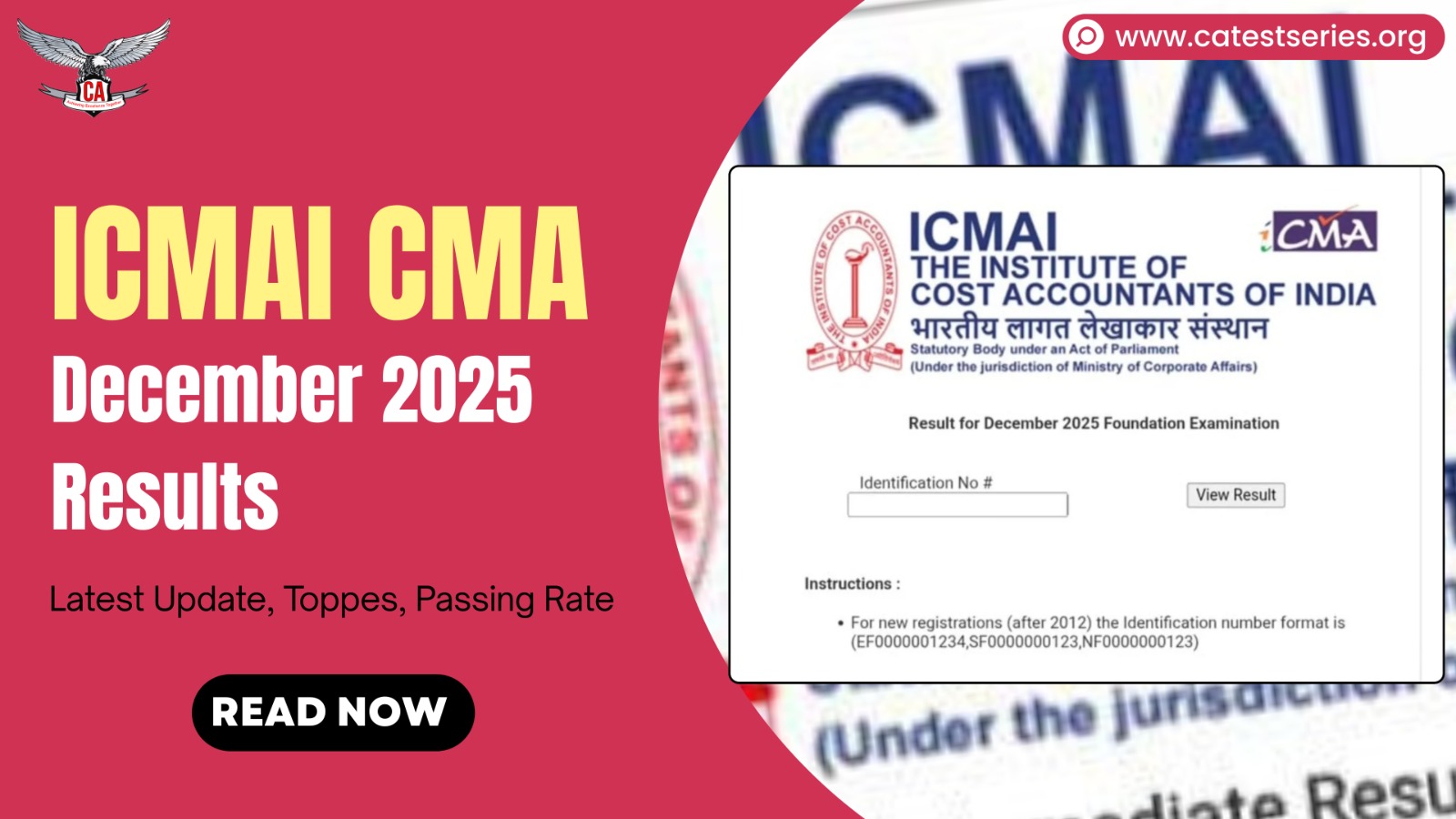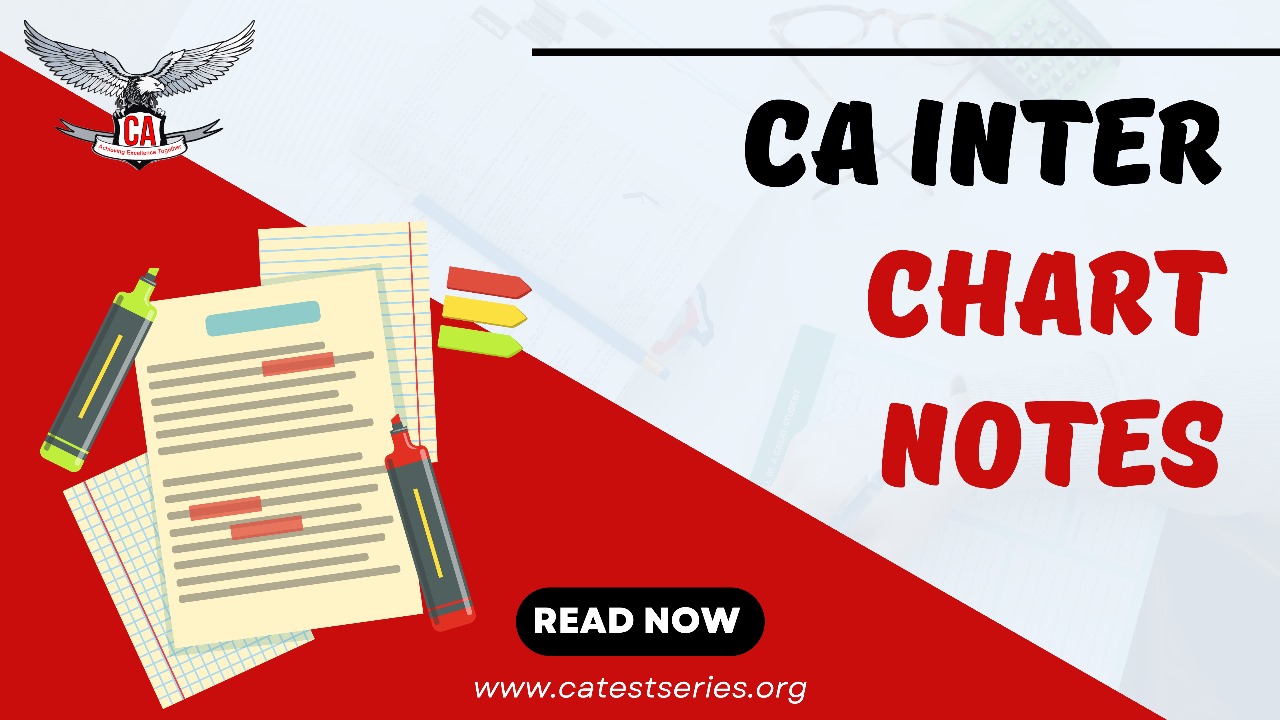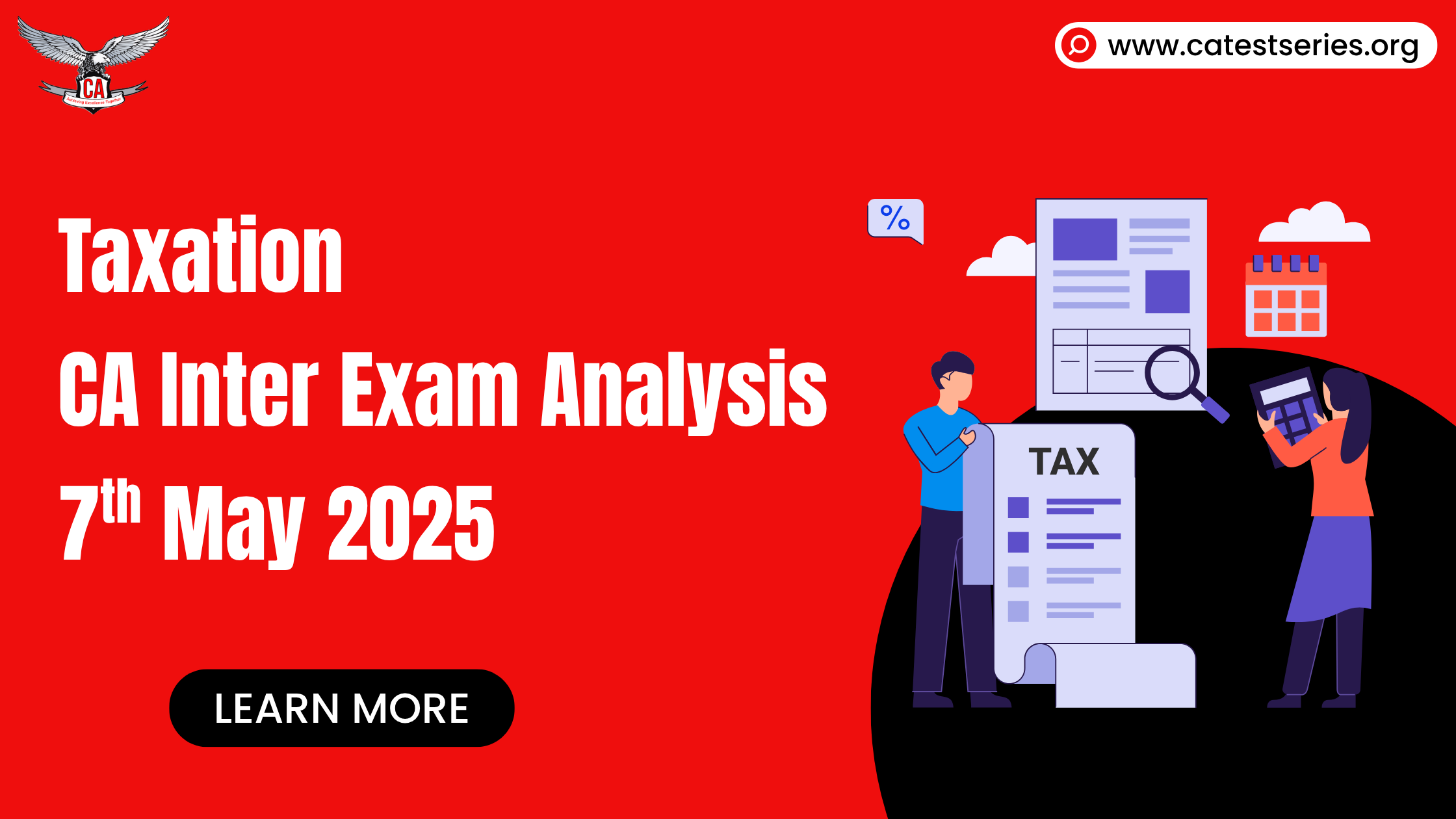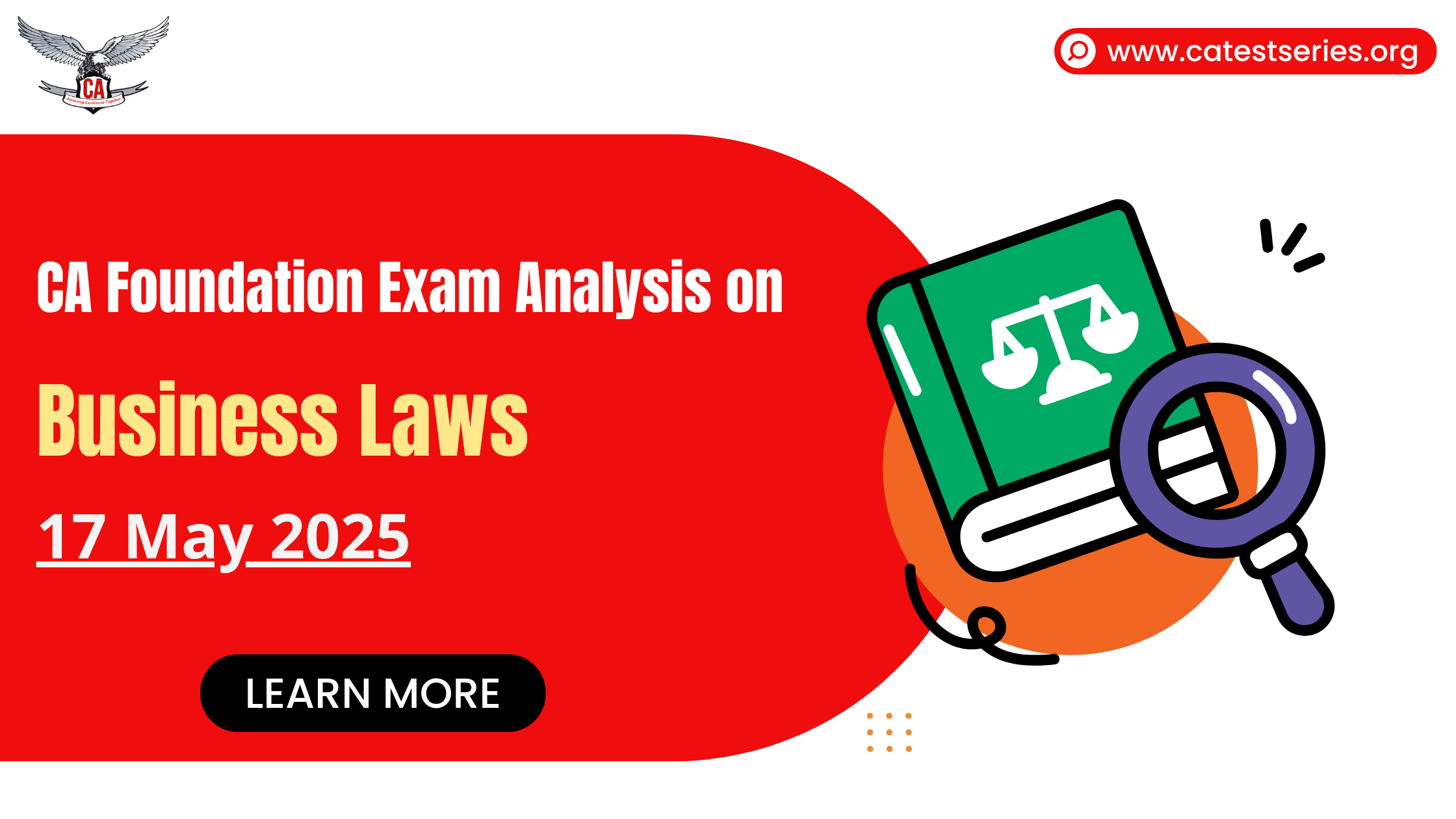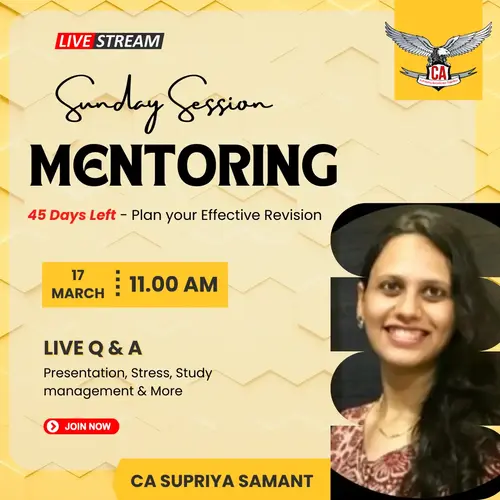CS Executive ICSI Past Papers With Suggested Answers (PDF)
Introduction
The journey to becoming a certified Company Secretary (CS) demands not just hard work, but also a smart strategy. In the plethora of preparatory materials, past examination papers hold a special place for their unmatched value in understanding exam patterns, question trends, and performance self-assessment. This blog delves into why CS Executive past papers are essential, how to use them effectively, and tips for integrating them into your study plan to ensure exam success.
The Importance of CS Executive Past Papers
- A Window to the Exam Pattern
Past papers serve as a crucial guide to the CS Executive examinations blueprint. They reveal the format, question styles, and complexity levels, enabling candidates to tailor their preparation strategy accordingly. This insight helps demystify the exam, reducing surprises and anxiety on the actual test day.
- Identifying Key Topics
A thorough analysis of past papers highlights recurrent themes and topics, signalling their importance. This trend spotting can guide candidates on where to focus their energies, ensuring that they cover the most probable areas of questioning and optimize their revision time effectively.
- Time Management Skills
Time is of the essence in the CS Executive exam. Practicing with past papers under timed conditions allows candidates to hone their time management skills, ensuring they can navigate through the questions efficiently, allocate time wisely, and improve their ability to complete the exam within the given duration.
- Self-Assessment Tool
Past papers are invaluable for self-evaluation. By attempting these papers, candidates can assess their preparedness, identify knowledge gaps, and understand their strengths and weaknesses. This feedback loop is crucial for fine-tuning study strategies and boosting confidence.
Effective Utilization of Past Papers
- Regular Practice
Incorporating past papers into daily study routines is essential. Regular practice familiarizes candidates with the demands of exam, easing the adaptation to its format and pressures. This consistent engagement with past questions enhances problem-solving speed and accuracy.
- Analyse and Review
Merely attempting past papers is not enough. A detailed analysis of answers, understanding where and why mistakes were made, and reviewing tricky questions are critical steps. This reflective practice allows for targeted improvements and deeper learning.
- Create Mock Exam Scenarios
Simulating the exam environment at home, by creating a quiet, timed setting, can mentally and physically prepare candidates for the actual exam day. This practice reduces anxiety and builds stamina for the intense concentration needed during exams.
- Use as a Revision Tool
Towards the later stages of preparation, past papers can transform theoretical knowledge into practical application. They serve as an excellent revision tool, bridging the gap between knowing the content and understanding how to apply it in an exam context.
Tips for Maximizing Benefits from Past Paper
- Start Early
The sooner candidates start practicing with past papers, the more time they must rectify errors and deepen their understanding. Early engagement allows for a paced study plan, avoiding last-minute rushes and information overload.
- Focus on Understanding, Not Memorizing
For success in CS exams, understanding concepts is key. Rote learning answers from past papers would not help in the dynamic setting of the exam. Focus on grasping the principles behind questions to apply knowledge flexibly across different scenarios.
- Seek Feedback
Feedback, whether from mentors, tutors, or study groups, is crucial. It provides external perspectives on answering strategies, elucidates complex concepts, and encourages continuous improvement.
- Compare Your Answers
Comparing your answers with model answers or guidelines provided by educators or the examination body itself can offer insights into optimal structuring and presentation techniques, guiding towards more effective answering methods.
Common Pitfalls to Avoid
- Overreliance on Past Papers
While past papers are invaluable, they should not be the sole focus. Comprehensive study, covering all syllabus areas through textbooks and supplementary materials, ensures a well-rounded understanding.
- Ignoring Recent Papers
Recent papers reflect the latest exam trends and syllabus updates. Ignoring them can leave candidates unprepared for new question types or content areas, potentially affecting performance.
- Neglecting Weak Areas
It is human nature to avoid what we find difficult, but in exam preparation, this can be a pitfall. Use past papers to confront and work on weak areas, turning them into strengths.
The Role of Technology in Accessing Past Papers
The digital age makes accessing CS Executive past papers easier than ever. Online platforms, educational websites, and forums offer a plethora of past papers, often with solutions. This easy access allows for flexible and diverse preparation, accommodating different learning styles and schedules.
CS Executive 2017 Syllabus and 2022 syllabus Past Papers
CS executive syllabus 2022 PYQs June 2025
Subjects | Question papers | Solutions |
Group 1 | ||
Jurisprudence, Interpretation and General Laws | ||
Company Law and Practice | ||
Setting up of Business, Industrial and Labour Laws | ||
Corporate Accounting and Financial Management |
| |
Group 2 | ||
Capital Markets and Securities Laws | ||
Economic, Commercial and Intellectual Property Laws | ||
Tax Laws and Practice | ||
CS executive syllabus 2022 PYQs December 2024
Subjects | Question papers | Solutions |
Group 1 | ||
Jurisprudence, Interpretation and General Laws |
| |
Company Law and Practice | ||
Setting up of Business, Industrial and Labour Laws | ||
Corporate Accounting and Financial Management | ||
Group 2 | ||
Capital Markets and Securities Laws |
| |
Economic, Commercial and Intellectual Property Laws | ||
Tax Laws and Practice | ||
CS executive syllabus 2017 PYQs December 2024
Subjects | Question papers | Solutions |
Module 1 | ||
Jurisprudence, Interpretation and General Laws |
| |
Company Law | ||
Setting up of Business Entities and Closure | ||
Tax Laws | ||
Module 2 | ||
Corporate and Management Accounting |
| |
Securities Laws and Capital Markets | ||
Economic, Business and Commercial Laws | ||
Financial and Strategic Management | ||
CS executive syllabus 2022 PYQs June 2024
Subjects | Question papers | Solutions |
Group 1 | ||
Jurisprudence, Interpretation and General Laws | ||
Company Law and Practice | ||
Setting up of Business, Industrial and Labour Laws | ||
Corporate Accounting and Financial Management | ||
Group 2 | ||
Capital Markets and Securities Laws | - | |
Economic, Commercial and Intellectual Property Laws | ||
Tax Laws and Practice | ||
CS executive syllabus 2017 PYQs June 2024
Subjects | Question papers | Solutions |
Module 1 | ||
Jurisprudence, Interpretation and General Laws |
| |
Company Law | ||
Setting up of Business Entities and Closure | ||
Tax Laws | ||
Module 2 | ||
Corporate and Management Accounting |
| |
Securities Laws and Capital Markets | ||
Economic, Business and Commercial Laws | ||
Financial and Strategic Management | ||
CS Executive 2017 Syllabus Past Papers- December 2025
Subject Name | Dec 2023 | June 2023 | Dec 2022 | June 2022 | Dec 2021 |
MODULE 1 | |||||
Jurisprudence, Interpretation & General Laws | |||||
Company Law | |||||
Setting up of Business Entities and Closure | |||||
Tax Laws | |||||
MODULE 2 | |||||
Corporate & Management Accounting | |||||
Securities Laws & Capital Markets | |||||
Economic, Business and Commercial Laws | |||||
Financial and Strategic Management |
CS Executive 2022 Syllabus Past Papers- December 2025
GROUP-1 | STUDY MATERIAL | |
1. | Jurisprudence, Interpretation & General Laws | |
2. | Company Law & Practice | |
3. | Setting Up of Business, Industrial & Labour Laws | |
4. | Corporate Accounting and Financial Management | |
GROUP-2 | STUDY MATERIAL | |
5. | Capital Market & Securities Laws | |
6. | Economic, Commercial and Intellectual Property Laws | |
7. | Tax Laws & Practice |

